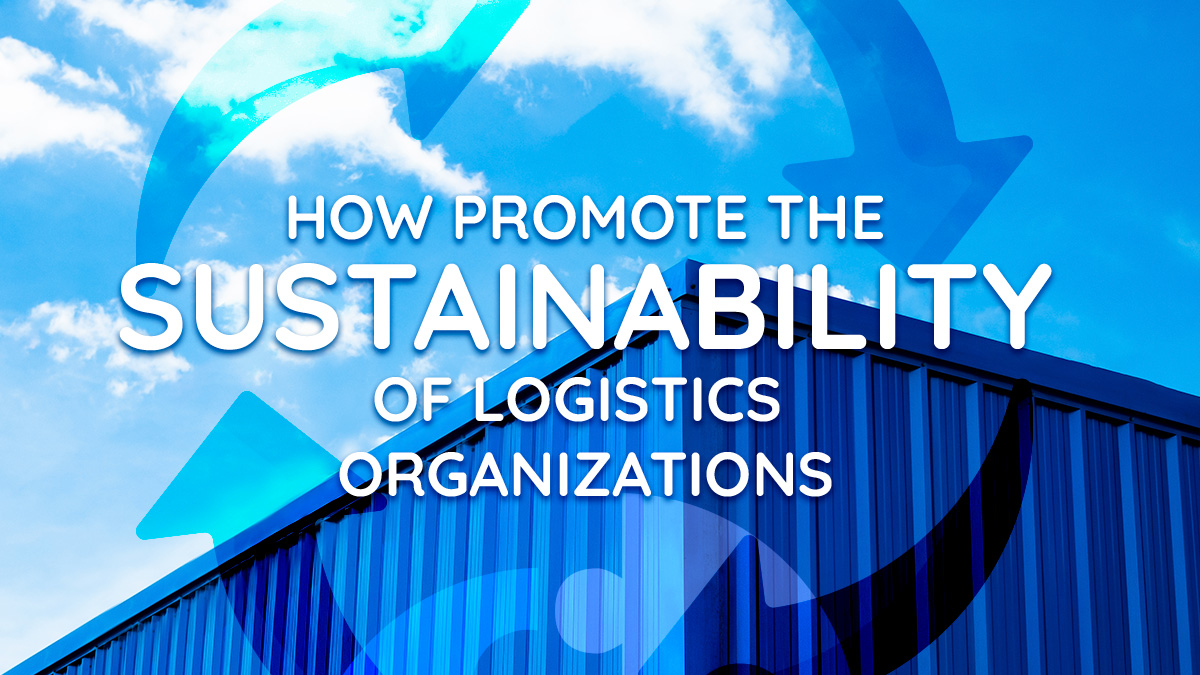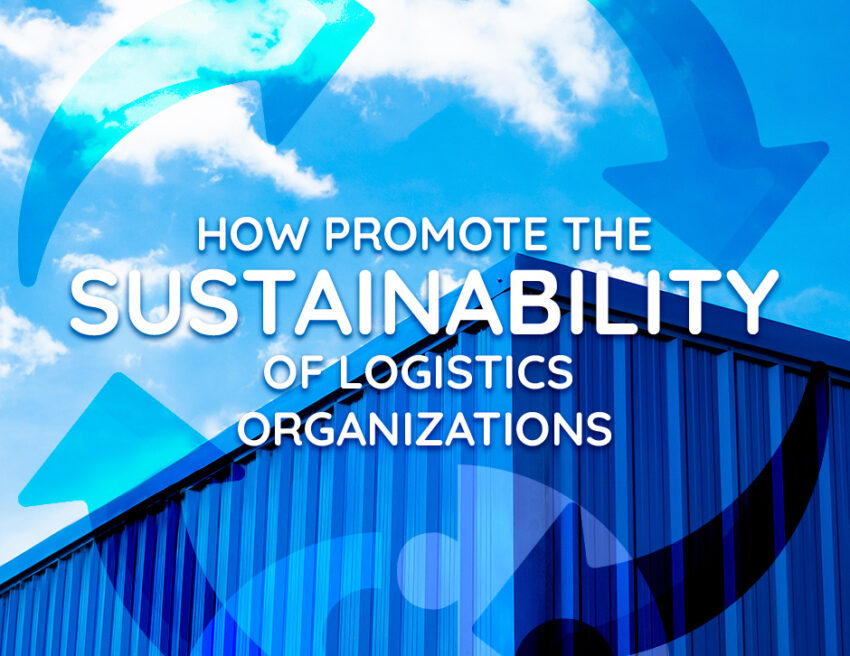The transportation and logistics sector presently contributes to 24% of global net emissions, with this percentage steadily climbing due to increasing global commodity demand. Consequently, freight forwarding companies are engaged in fierce competition to embrace more sustainable practices, spurred by the rising need for eco-friendly logistics solutions. These forwarders are endeavoring to match the sustainability efforts of multinational counterparts, aiming to minimize their environmental impact. Given that the movement of goods relies heavily on fossil fuels, which significantly exacerbates environmental concerns, it is imperative to explore various strategies that logistics companies can adopt to enhance the sustainability of their operations. In today’s blog, we will explore these practices in depth.

Sustainability tips for freight forwarding companies
-
Make use of route planning software
Efficient route planning software represents a transformative tool for the transportation and logistics sector, offering dual advantages of punctual deliveries and substantial fuel savings. These route optimization systems allow freight forwarding companies to pinpoint the most efficient routes for multi-destination deliveries, thereby minimizing both time and distance.
These systems help to identify the most cost-effective delivery routes, enabling logistics firms to reduce their fuel consumption by an impressive 30% to 40%. Consequently, investing in such software not only yields significant long-term cost savings for freight forwarders but also assumes heightened importance in an era where fossil fuel usage is a contentious issue. Moreover, given the escalating cost of fuel, addressing this challenge has become one of the top priorities for logistics companies.
-
Create transparent operations
Creating transparency in operations has become increasingly vital in the transportation and logistics industry, especially in light of the pandemic’s disruptions. Data utilization plays a crucial role in achieving this transparency, offering numerous benefits such as smoother processes, stronger planning capabilities, risk mitigation, and a reduced environmental footprint.
Harnessing data effectively provides freight forwarders with enhanced visibility across the supply chain, enabling seamless information sharing among stakeholders at all levels. This transparency facilitates efficient communication throughout the supply chain hierarchy.
Centralizing data visibility within operations establishes an open logistics ecosystem, allowing for real-time monitoring of transportation, identification of inefficiencies, and implementation of optimal alternatives. Additionally, this approach helps minimize empty miles and idle time, benefiting both profitability and the environment.
-
Optimize packaging
In the quest for sustainability, it is imperative for freight forwarding companies to prioritize the optimization of their packaging practices. Cargo packaging plays a significant role in the generation of paper and plastic waste, resulting in considerable environmental consequences. Independent freight forwarders should exercise caution when choosing packaging materials and strive to transition to recyclable options whenever possible.
Additionally, responsible disposal of packaging materials is crucial. Whenever feasible, consider reusing resources such as wooden pallets, packing bubbles, and plastic bags to minimize the environmental footprint associated with packaging waste. By adopting these practices, freight forwarders can play a vital role in promoting sustainability within the industry.
-
Embrace sustainable shipping practices
Embracing sustainable shipping practices is crucial for independent freight forwarders to reduce their environmental impact. Transitioning from fossil fuels to low-carbon alternatives like biofuels represents a significant step in this direction, particularly for road freight companies.
Moreover, phasing out older, fuel-inefficient trucks in favor of modern, eco-conscious vehicles is essential. Additionally, whenever possible, freight forwarders should prioritize environmentally responsible shipping methods. For example, opting for ocean or rail freight over air freight, especially when clients can accommodate longer transit times, can significantly reduce emissions.
Furthermore, optimizing space utilization by maximizing truck and container capacity is key to minimizing waste and promoting sustainable shipping practices. By implementing these measures, independent freight forwarders can play a vital role in reducing their carbon footprint and contributing to a more sustainable future.
-
Make your workplace environment-friendly
Reducing the environmental impact of your office is another important aspect for independent freight forwarders looking to enhance sustainability in their operations. One straightforward measure is to harness solar energy to power your office and warehouses. This proactive step can significantly contribute to the overall sustainability of your business. Improving the eco-friendliness of your office space not only helps reduce environmental impact but also offers long-term cost savings. Additionally, it enhances your company’s reputation as a responsible and sustainable enterprise.
In conclusion, addressing global warming requires active engagement from the transportation and logistics industry, which holds a significant responsibility for emissions. Every participant in this sector should embrace their role in effecting positive change through the adoption of sustainable practices. The benefits of sustainable logistics extend beyond environmental advantages, encompassing the enhancement of your business’s reputation.


